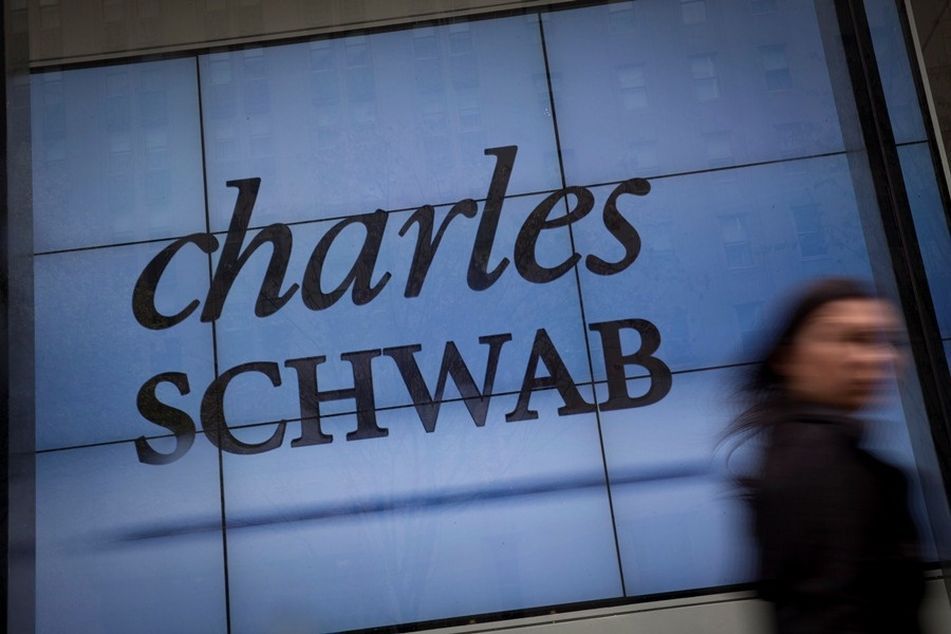Schwab, Guggenheim make their mark in ETFs

The business is dominated by BlackRock, Vanguard and State Street as low fees and strong performance draw investors. Other firms like Charles Schwab and Guggenheim are breaking through, but investors need to do their due diligence.
The business of exchange-traded funds is dominated by three big players: BlackRock’s iShares, Vanguard Group, and State Street, which collectively control 82% of the roughly $2 trillion invested in ETFs. Other firms are fighting to gain market share, and several have made their way into Bloomberg Markets’ annual ranking of the fastest-growing funds over the three years ended on Dec. 31.
Charles Schwab Investment Management has two of the funds on this year’s list: Schwab U.S. Large-Cap and Schwab U.S. Broad Market.
“Those ETFs are boring as dirt,” says Dave Nadig, chief investment officer at research firm ETF.com, pointing out that the Schwab ETFs track common market indexes. They’re also very cheap, which is their main appeal, he says.
Schwab charges 4 cents for every $100 invested, a penny less than Vanguard charges for similar products. Schwab customers can buy and sell ETFs for no commission. The low-cost approach helped the firm amass $27 billion in ETF assets as of Dec. 31.
The Guggenheim S&P 500 Equal Weight ETF — a so-called smart-beta fund — almost quadrupled its assets in the three years. As the name implies, the ETF tracks a version of the popular benchmark in which all 500 companies are weighted equally, rather than being measured according to their market capitalization. Since the end of 2008, the equal-weighted product has outperformed its traditional counterpart, thanks to the strong showing of smaller-cap stocks, whose influence is greater in the equal-weighted index. In the six years ended on Dec. 31, the Guggenheim offering returned 21% a year compared with 17% for the SPDR S&P 500 ETF Trust, the biggest ETF by assets.
“Investors chase performance,” says Alex Bryan, an analyst at Morningstar Inc. who follows passive products. Mr. Bryan has a warning for investors in the Guggenheim ETF: Because small- and midcap stocks are now relatively expensive, “I would not expect that kind of outperformance to persist.”
Invesco PowerShares, the fourth-largest U.S. ETF provider, had one of the 10-fastest-growing ETFs, the PowerShares FTSE RAFI U.S. 1000 ETF. Also a smart-beta product, the ETF weights its holdings according to book value, cash flow, sales, and dividends rather than market cap. Only two of the 10 fastest-growing ETFs are repeaters from last year’s list: Schwab U.S. Broad Market and Vanguard Health Care. Health care was the best-performing sector in the S&P 500 over the past three years.
Learn more about reprints and licensing for this article.








